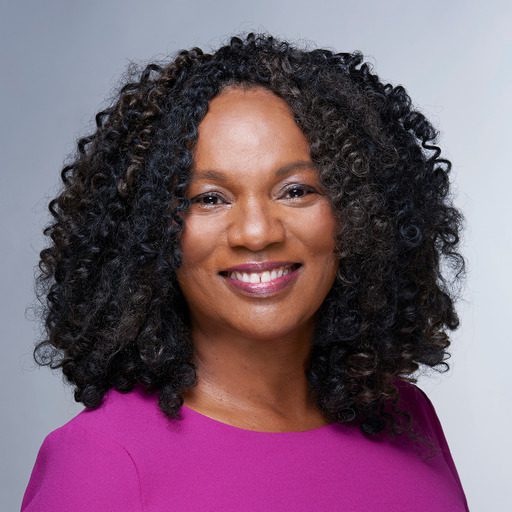LGBTIQ+ and Mental Health Inequality
Every February is LGBTIQ+ History Month in the UK. Of course, we do not need an awareness day, week, or month to highlight important ideals. However, these periods allow us to reflect upon what matters and draw attention to systems or prejudices that require change.
LGBTIQ+ stands for lesbian, gay, bisexual, trans, intersex, queer, or questioning. A recent report named Hidden Figures by the LGBT Foundation demonstrates the many health inequalities faced by lesbian, gay, bisexual, and trans communities.
The report illustrates how stigma, discrimination, social inequalities, and a lack of access to services harms the well-being and Mental Health of LGBTIQ+ communities.
“We have long known that the LGBT community, wherever they live, suffer disproportionately with poor mental health due to inequalities, lack of LGBT awareness, lack of visibility, lack of access, rising hate crime, prejudice, bullying and a lack of acceptance as well as the historical marginalisation of LGBT people.
We now know that this prevalence of poor mental health within the community is worsening, and COVID-19 is only set to exacerbate this. Isolation, being stuck at home, de-prioritisation of health services and online toxicity has heightened feelings of loneliness and desperation amongst the community, particularly for young people and for the elder LGBT community.”
~ Rebecca Crowther, Policy Coordinator at Equality Network[1]
LGBTIQ+ and Mental Health
Mental health problems such as drug abuse, eating disorders, Depression, Anxiety, and self-harm affect people from all walks of life. However, research shows that they are more common amongst LGBTIQ+ people.
Of course, being LGBTIQ+ doesn’t cause mental health issues or automatically mean someone will experience mental health issues, but it does result in an increased risk of development.
A 2018 study by Stonewall revealed that over the past year:[2]
- 50% of LGBTIQ+ people experienced depression.
- three in five LGBTIQ+ people experienced anxiety.
- one in eight LGBTIQ+ people aged 18 to 24 attempted suicide.
- nearly half of all trans people experienced suicidal ideation.
LGBTIQ+ and Healthcare Inequality
Healthcare providers have a legal duty of care to treat everyone fairly. However, there are numerous instances where stigma, prejudice, and discrimination has meant that certain groups do not receive the treatment they so desperately need.
Studies have found that one in eight LGBTIQ+ people have received unequal treatment from healthcare workers. Furthermore, one in seven avoid seeking treatment out of fear of discrimination. [3]
An extensive 2017 National LGBTQ survey researching healthcare inequality amongst LGBTIQ+ individuals highlighted a pronounced disparity in accessing treatment and receiving healthcare services such as substance misuse programmes, domestic abuse programmes, Therapy, and mental health support services.[4]
This research further highlighted that:
- 16% had a negative experience due to their sexual orientation.
- 38% experienced stigma because of their gender identity.
- 51% experienced overly long waiting times.
- 27% were anxious or embarrassed about asking for help.
- 16% said their GP was unsupportive.
Unfortunately, health inequalities across a lifetime will impact many people sequentially and have a wide range of adverse consequences, with the report finding that the LGBTIQ+ community faces higher rates of sexual violence, homelessness, and domestic abuse.
Conclusion
I feel it is important to note that embracing LGBTIQ+ identities can have a beneficial impact on people’s well-being as it can lead to greater confidence, a sense of belonging, and positive Relationships with family and friends.
However, we cannot ignore that LGBTIQ+ people face daily challenges such as homophobia, transphobia, discrimination, social isolation, violence, and rejection.
These experiences affect their mental health and can lead to chronic mental health disorders, addiction, and early mortality. It is our responsibility to challenge stigma and ensure that these individuals are not only treated equally day-to-day but that the help, support, and treatment available is fair and accessible.
To discover how to help your clients live a life free from food addiction, join my accredited Food Addiction Accelerator Programme tailored to those working in the professional wellness industries.
Sources:
[1] “Inequality A Major Mental Health Risk For LGBT People In Rural Scotland”. Support In Mind Scotland, 2022, https://www.supportinmindscotland.org.uk/news/lgbt-inequality-rural-scotland.
[2] “Stonewall Report Reveals Impact Of Discrimination On Health Of LGBT People”. Stonewall, 2018, https://www.stonewall.org.uk/about-us/media-releases/stonewall-report-reveals-impact-discrimination-health-lgbt-people.
[3] “Mental Health Statistics: LGBTIQ+ People”. Mental Health Foundation, 2022, https://www.mentalhealth.org.uk/statistics/mental-health-statistics-lgbtiq-people.
[4]England, NHS. “NHS England » LGBT Health”. England.Nhs.Uk, 2022, https://www.england.nhs.uk/about/equality/lgbt-health/.
The post LGBTIQ+ and Mental Health Inequality appeared first on Food Addiction Coach.























